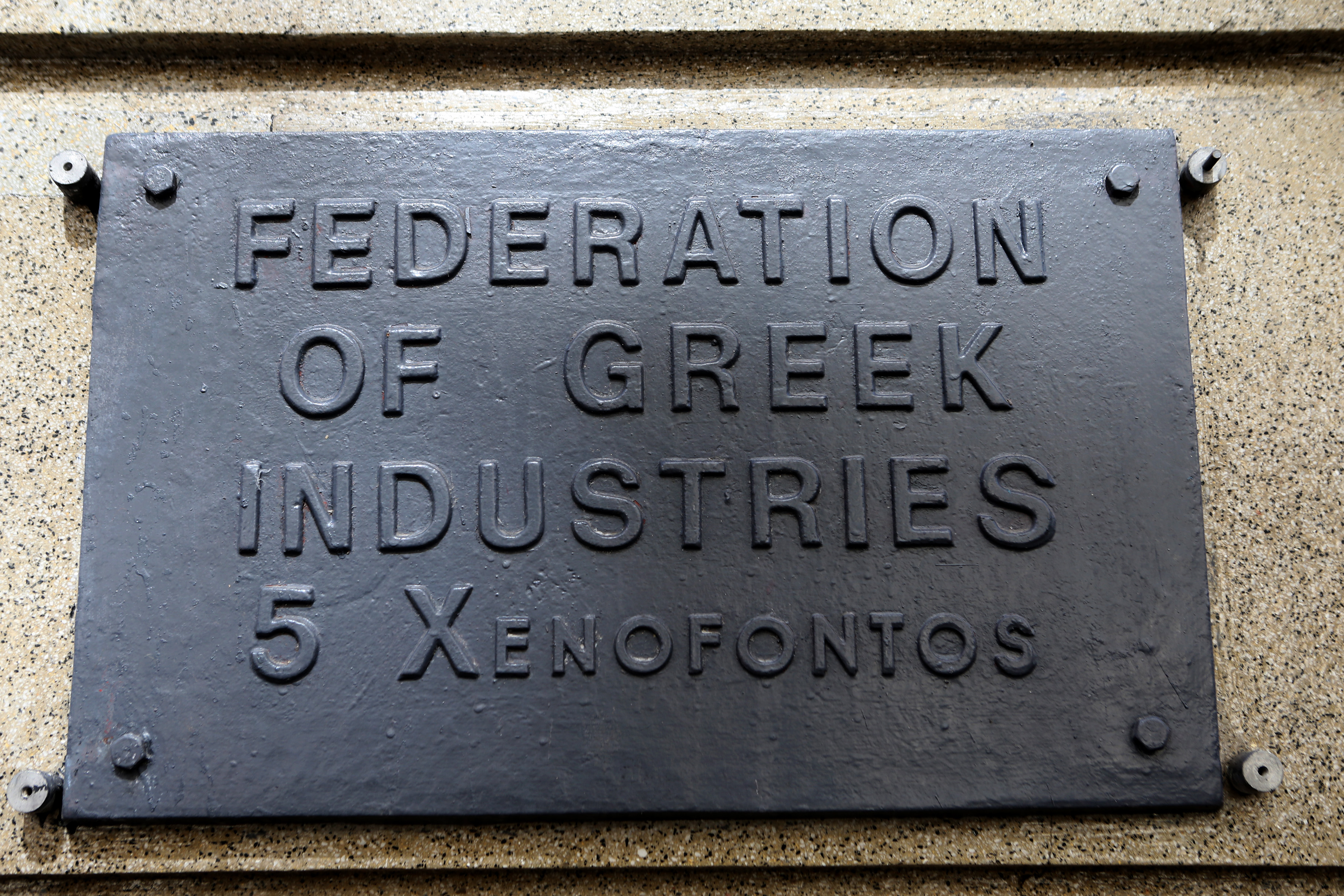The Hellenic Federation of Enterprise (SEV), Greece’s most powerful business association, in its latest weekly bulletin, paints a bleak picture of the labour market, but defends the deregulation of the market effected during the crisis, asserting that it is not the cause of high unemployment.
The youth, elderly, mothers of young children, the handicapped and migrants are at the lowest employment levels.
Greece has the highest level of unemployment among the 36 member-states of the Organisation for Economic Co-operation and Development (OECD). Wages are lower than the OECD average.
The report describes the labour market situation as “disappointing”, noting that the changes that Greece has been through during the crisis were “unprecedented”, but “in line with international practice.
SEV blames the “violent fiscal adjustment” and “over-taxation” of the private sector for the situation and defends labour flexibility, part-time employment and the drop in the minimum wage as having had a positive impact on the economy.
“Without the changes, unemployment would have exceeded its 2013 level of 27 percent, while the recession would have continued at the same pace,” the report said.
Greek industrialists oppose the demand of Greece’s largest labour organisation (GSEE) for the return of collective bargaining agreements, abolished in 2012 under the terms of bailout memorandums. Instead, they propose “a new institutional framework for labour relations that will help grow the economy”.
Kostas Papadis



